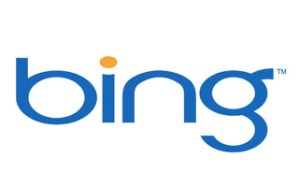
It’s been a long time coming—since July of 2009—but Microsoft and Yahoo have finally finalized the details of their long-term search partnership. Curiously, the companies are not sharing many of those details, although the broad strokes of the agreement have been public for many months. By partnering up, Microsoft hopes to increase its share of the Internet search market versus Google; Yahoo, in turn, gets an infusion of cold hard cash to bolster its bottom line via a revenue sharing agreement for traffic generated from Yahoo’s sites and services.
“Microsoft and Yahoo believe that this deal will create a sustainable and more compelling alternative in search that can provide consumers, advertisers and publishers real choice, better value, and more innovation,” the companies said in a joint statement. “Yahoo and Microsoft welcome the broad support the deal has received from key players in the advertising industry and remain hopeful that the closing of the transaction can occur in early 2010.”
The deal must now get regulatory approval in both the United States and the European Union; although no major hurdles are expected, the approvals won’t come until sometime in 2010.
The Microsoft-Yahoo partnership has a period of 10 years—an eternity in Internet time. Under the deal, Microsoft’s Bing search engine will become the default search provider for all Yahoo sites. Although each company will continue to operate its own display advertising business, Yahoo will handle both companies’ premium search advertisers and Microsoft’s AdCenter program will handle self-service advertising for both companies. Yahoo will also earn money from a revenue sharing deal with Microsoft for traffic generated from Yahoo’s network of sites and services. However, rather than ceding all search functionality to Bing, Yahoo will continue to “own” the search experience on its own sites, and promises to continue innovating in the field of Internet search, even though the back end will be Microsoft technology.
At the time the deal was initially announced, Yahoo estimated the agreement would bring Yahoo about $500 million a year in revenue, in addition to saving the company some $200 million a year in costs and operating expenses.
